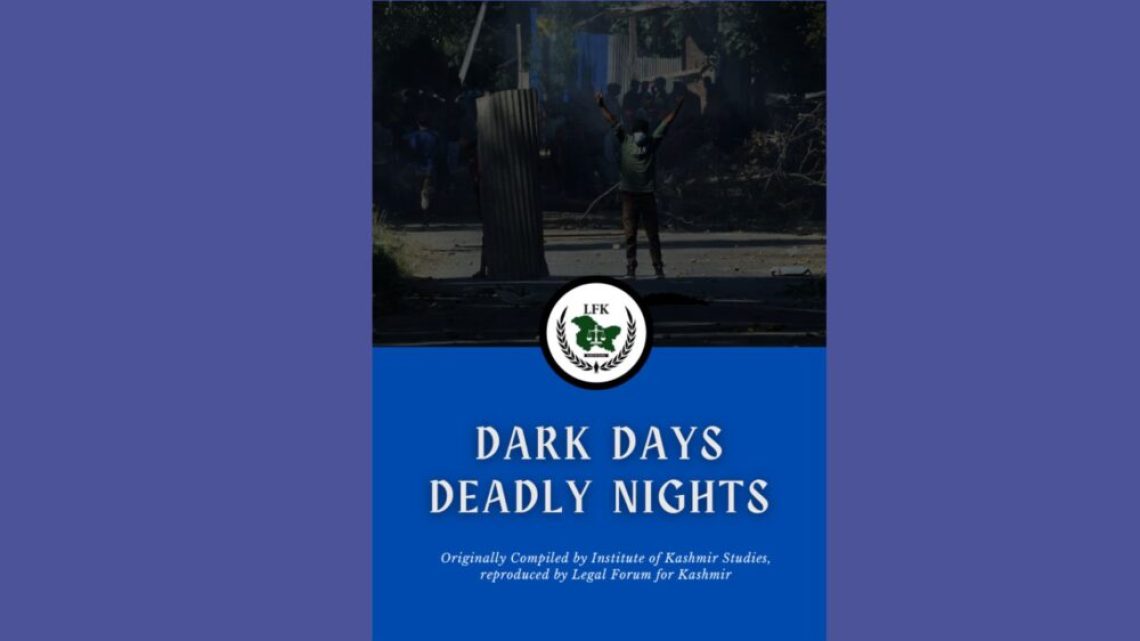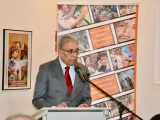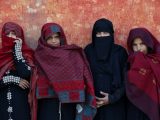
Dark Days and Deadly Nights in IIOJK: Institute of Kashmir Studies/LFK
May 13, 2024In the course of conflict and oppression, where the cries of the oppressed are often muffled by the weight of power, emerges a beacon of truth: “Dark Days Deadly Nights in IIOJK.” This collection of testimonies from Kashmiri civilians unveils the harrowing reality of life under Indian occupation, shedding light on the perpetual human rights violations (HRVs) that have plagued the region for decades.
Commissioned by the Institute of Kashmir Studies (IKS) in Srinagar and reproduced by the Legal Forum for Kashmir (LFK), this report serves a crucial objective—to propagate factual data regarding Indian atrocities in IIOJK, expose the egregious HRVs perpetrated by Indian forces, sensitize the global community about the Kashmir issue, and disseminate the defiant work of IKS, Srinagar.
The report centred on testimonies from December 1994, paints a chilling picture of impunity enjoyed by Indian occupying forces. In just one month, 33 extrajudicial and custodial executions were documented, including the deaths of 16 innocent civilians and a government employee. These statistics underscore a reign of terror, marked by arbitrary arrests, torture, and humiliation of Kashmiri civilians, further exacerbated by raids on journalists’ offices and crackdowns on dissent.
But beyond statistics lie the human stories of anguish and loss. The testimonies within the report recount the brutal massacres of Kashmiri civilians at the hands of Indian forces, highlighting the sheer magnitude of suffering endured by the Kashmiri populace. Moreover, the report meticulously identifies the perpetrators of these heinous crimes, exposing their units and ranks within the military and paramilitary forces.
Yet, perhaps the most alarming revelation is the culture of impunity that pervades IIOJK. With an estimated 900,000 occupying forces operating in the region, the report elucidates how these forces act with unchecked authority, perpetrating atrocities with impunity. This culture of impunity not only facilitates the commission of war crimes and crimes against humanity but also undermines the very fabric of justice and accountability.
In analyzing the findings, it becomes evident that this report serves as a wake-up call—an urgent plea for the global community and judicial institutions to acknowledge and address the rampant human rights violations in IIOJK. By exposing overlooked investigative reports, such as this one, the Legal Forum for Kashmir aims to bridge the gap between hidden truths and public awareness, ensuring that the voices of the oppressed are heard and their suffering acknowledged.
As the world contends with the issues of justice and accountability, “Dark Days Deadly Nights in IIOJK” stands as a testament to the resilience of truth in the face of oppression by Indian troops. It indicates confronting uncomfortable realities, challenging impunity, and striving for a future where human rights are upheld, and justice prevails—for the people of Kashmir and beyond.

